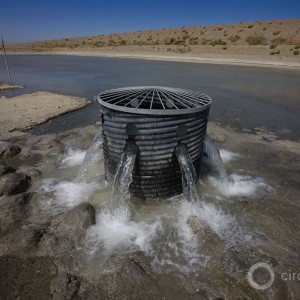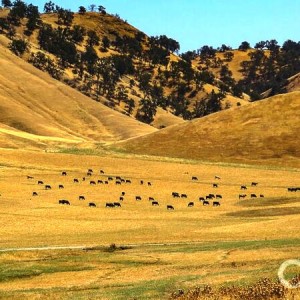The Stream, July 29: India Monsoon Rains Good So Far, Despite El Nino
The Global Rundown |
Monsoon rains are performing well in most of India. A major copper mine in Papua New Guinea is closing temporarily because of low river levels, while copper mines in Zambia are experiencing electricity shortages due to insufficient hydropower supplies. Oregon ordered state agencies to cut water consumption, scientists in Toledo, Ohio, monitored drinking water for algal toxins, and Switzerland apologized to France after taking water for thirsty livestock. A recent oil sands spill in Alberta could mean more opposition to new pipelines.
“Every high profile incident and spill, especially those that involve operator malfeasance, gets major play and adds to the call to stop new pipelines.”–Michal Moore, an economist at the University of Calgary, on the likely ramifications of an oil-sands pipeline spill in Alberta earlier this month. Opponents of new pipeline projects have long argued that they pose risks to land and water. (Bloomberg)
By The Numbers |
75 percent Land in India that has received normal or above normal rainfall this season, despite forecasts that an El Nino would diminish the annual monsoon. Bloomberg
15 percent Targeted cut in Oregon state agencies’ water consumption by 2020. Governor Kate Brown ordered the cuts on Tuesday, saying they are necessary “as water shortages become the new normal.” Reuters
20,000 cattle Number estimated to be dehydrated in the Swiss Alps due to a strong heatwave. Efforts to bring water to the thirsty livestock resulted in an inadvertent water grab from a French lake—for which Switzerland apologized. Newsweek
Science, Studies, And Reports |
Scientists at the drinking water plant in Toledo, Ohio, are on watch for microcystin toxins as algae blooms form in Lake Erie. While some toxins have been detected in the lake, the city’s drinking water remains safe. Toledo Blade
On The Radar |
Operations at the Ok Tedi copper mine in Papua New Guinea will temporarily shut down due to low water levels on the Fly River. The river is used to generate power for the mine and transport copper products to port. Reuters
Power shortages have started to affect copper mines in Zambia, where low hydropower reserves are hurting electricity production. Industry sources say the mines could face further power cuts up to 25 percent. Reuters
A news correspondent for Circle of Blue based out of Hawaii. She writes The Stream, Circle of Blue’s daily digest of international water news trends. Her interests include food security, ecology and the Great Lakes.
Contact Codi Kozacek






Leave a Reply
Want to join the discussion?Feel free to contribute!